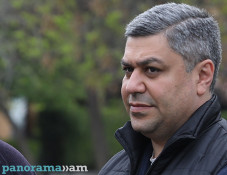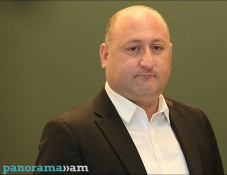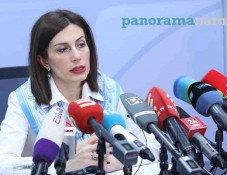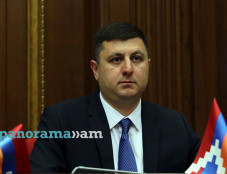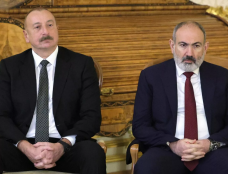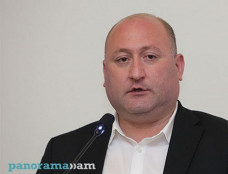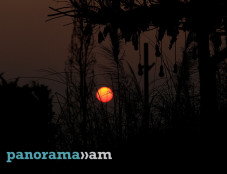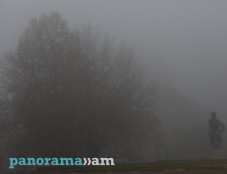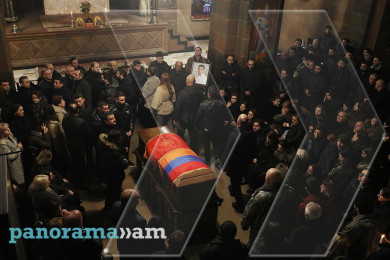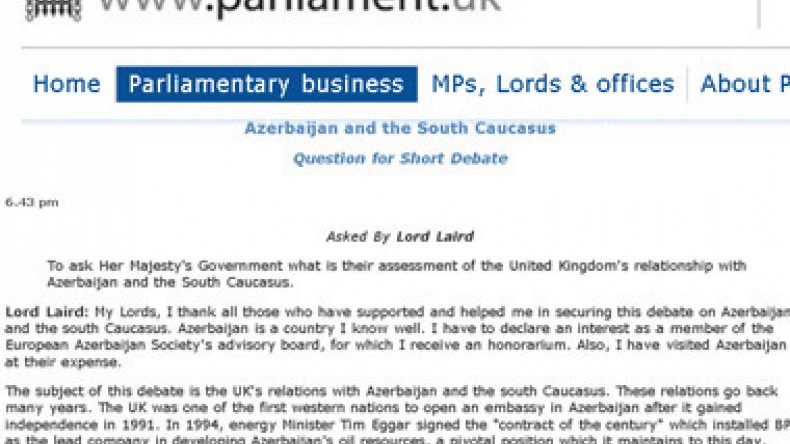
British House of Lords debates nature of UK’s relationship with Azerbaijan and South Caucasus
Baroness Cox spoke in Parliament on the frozen conflict between Azerbaijan and Armenians in Nagorno-Karabakh and concerns over how recent actions by Azerbaijan’s Government are undermining peace.
On Tuesday, 6th November, Baroness Cox joined Lord Laird in asking the British Government for its assessment of the United Kingdom’s relationship with Azerbaijan and the South Caucasus. The debate focussed on the UK’s current status as the largest foreign investor in Azerbaijan and Lords commented on the role Britain can play in encouraging democratic progress in Azerbaijan, as well as economic growth.
Several of the Lords addressed the overhanging cloud of conflict between Azerbaijan and Armenians in Nagorno-Karabakh. Baroness Cox, who has visited Armenia and Nagorno-Karabakh 78 times, highlighted the urgent need for a peaceful solution to this frozen conflict – for the sake of both Azeris and Armenians and to prevent another destabilising regional war.
Baroness Cox raised concerns over recent hostility by the Government of Azerbaijan in welcoming as a hero Ramil Safarov on his repatriation to Azerbaijan earlier this year. Ramil Safarov is an Azeri military officer who used an axe to murder Armenian officer Gurgen Margarjan in his sleep in 2004 while attending a NATO course in Budapest.
Baroness Cox also referred to Azerbaijan’s human rights record, and particularly to concerns over freedom of the press and religious freedom. According to an article in Time magazine in April this year: "Despite Azerbaijan's post-Soviet economic success, international critics say the country remains an autocracy with little respect for human rights...The Human Rights House Foundation described the country's most recent elections in 2010 as a farce. Azeri citizens who criticise the political elite face reprisal...Azeri authorities have ignored dozens of assaults on journalists in recent years, including two murders. According to the Norwegian Helsinki Committee, a human rights NGO, about 70 people are in jail for political reasons, where many are allegedly tortured."
The Minister, Lord Wallace of Saltaire, concluded the debate by maintaining that the coalition Government is “keen to promote Britain's security and prosperity and, at the same time, to influence the Governments with whom we deal to improve the quality of their rule of law, human rights and democracy.” He stated that the UK would continue to work with partners in the EU, the Council of Europe, and the OSCE and to encourage further investment in the country, which is important to British energy security, as well as the peace and security of the region in which it lies.
He responded to Baroness Cox by acknowledging that “the bloody and disorderly conflicts” between Armenia and Azerbaijan have left people on both sides who feel deeply aggrieved and stating that “The Minsk [peace] process has failed yet to make much progress. We do, however, have only that process to work with. The United Kingdom, which is not a member of the Minsk group, continues to support the Minsk process, difficult as it is. We cannot entirely get rid, for example, of Russia as a major player in all this. Therefore, to rebuild a group which would attempt to negotiate without Russia would not be particularly helpful.”
Newsfeed
Videos





